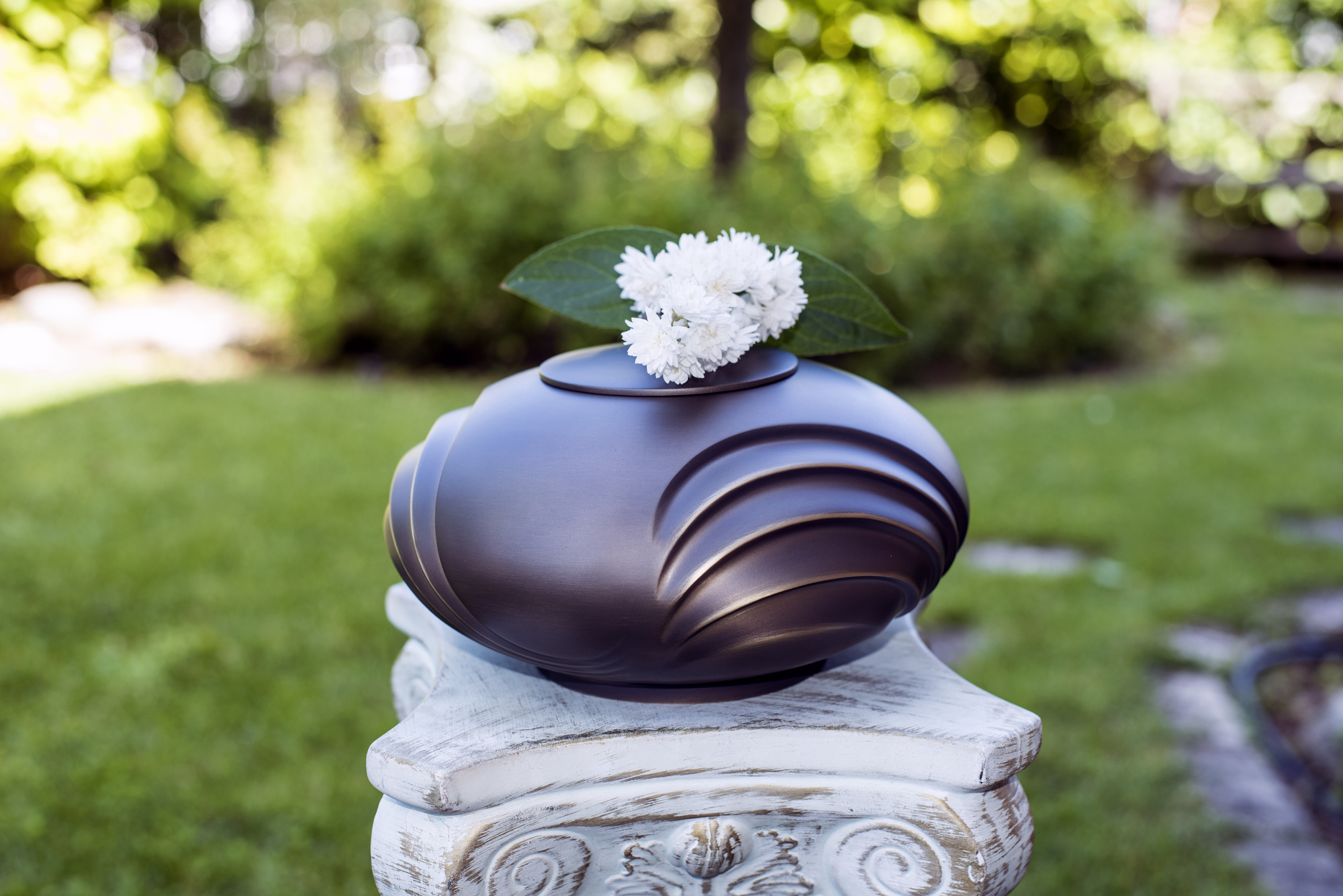
The end of one’s life is a very personal thing, one often wrapped in many different ideas of faith, tradition, and personal belief. How people view the end of their lives will differ per person, and their choices about burial can reflect these varying opinions.
Most people will decide between cremation and burial when it comes to their eventual send-off. While there are different reasons to consider both, most people in the modern era opt for cremation services.
Why is cremation better in the eyes of many across the country? Why might you want to consider cremation services yourself, for your loved ones, or for the end of your own life? Read on, and we’ll walk you through what you need to know.
Table of Contents
How Does Cremation Work?
If you’re on the fence between burial and cremation, it can be helpful to learn as much as possible about the respective processes.
When a person chooses cremation, they are electing to have their bodies burned in a very specific kind of furnace. The ashes from this process can then be given to the family to hold onto, or they can be spread at a special location in a kind of informal ceremony.
In many states, funeral directors must wait at least 48 hours before the passing of an individual and their cremation. During this window of time, proper authorization and paperwork are completed. Inspection of the body, if needed, is performed.
Sometimes, a body may be held for cremation for much longer before the process actually begins.
During this waiting period, the family may also visit the body and say their goodbyes. They can hold a funeral service or perform whatever traditional rites of passage they would like to do.
All cremations are done individually, and the deceased are not generally placed in a cremation chamber with any other individual. The casket is loaded into the cremation chamber, which, when turned on, reaches a temperature of up to 1,800 degrees.
This high temperature ensures that remains are completely processed during the few hours in which the body is in the chamber.
A cooling period follows this process, and when the temperature is cooled, the funeral staff handles the remains, which are generally white in color.
Following Cremation
Unless the family has specified otherwise, the remains are housed in an urn or container. This urn is given to the family, and they can choose the final resting place of these remains.
Some people scatter them in a cemetery urn garden, some travel to a location important to the individual, and others keep them in an urn at home.
Cremation laws do vary quite extremely from state to state. While much of the general information about cremation will be true no matter where you live, it can be helpful to lookup local laws to ensure you’re getting a full picture of what choosing cremation might mean.
The choice between cremation and burial is a very personal one, but there are still many benefits of cremation that should be considered as one nears the end of their life.
Why Do People Get Cremated?
For many years, burial was the more traditional process to go through at the end of life. In the past few decades, this has shifted rapidly to cremation.
This shift is likely due to the many benefits of cremation.
For one, cremation is much more affordable than a traditional burial. Cremations do not require the process of embalming, which is often an expensive and lengthy process.
In addition, they do not require the family to purchase a casket or burial plot, both of which can be extremely expensive. The cost of cremation is, in comparison, much lower.
Generally, the process of cremation is simpler and more efficient. Planning out a burial can take many hours of planning in addition to the cost, while the cremation process is very straightforward.
It can also provide more flexibility when it comes to funeral ideas and how a service could proceed.
Cremation allows you to carry your lost loved one close by, or travel with them to where they’d like their last resting place to be. Cremation is compatible with many different religions and faiths, which means it’s a viable option for a great many people.
Benefits for the Planet
In addition to all the benefits it may provide the average family, cremation is also seen as a better alternative for the health of the planet.
Burials are often quite damaging to the environment. The chemicals used in the embalming process can leak from a body into the earth, causing damage to the environment at large.
The proper management of a cemetery also requires a great deal of energy and water. Opting for cremation also means that you’re taking up less land and space. In urban environments, there are fewer and fewer open spaces for burials.
It’s a problem that many cities and communities are starting to face, and one you might want to consider when thinking of your own end-of-life plan.
Opting for cremation as opposed to burial can lessen your personal footprint on the planet and be better for the world at large.
Why Is Cremation Better?
If you’re on the fence between cremation and burial, learning about the benefits of cremation can be extremely helpful. Many people wonder: why is cremation better? The above information can help you to understand the distinction between these end-of-life choices.
Need more help with funeral ideas and end-of-life services? Keep scrolling our blog for more helpful information.